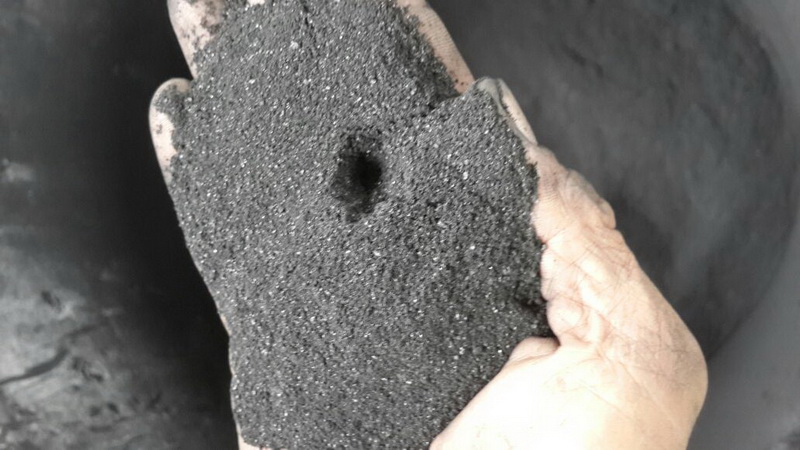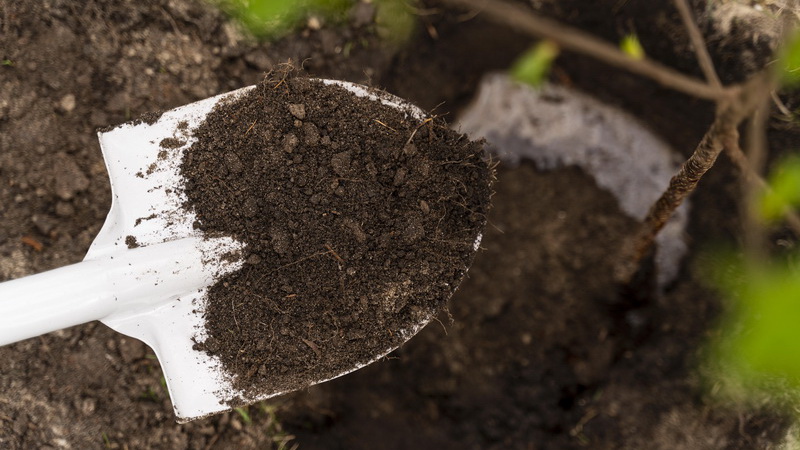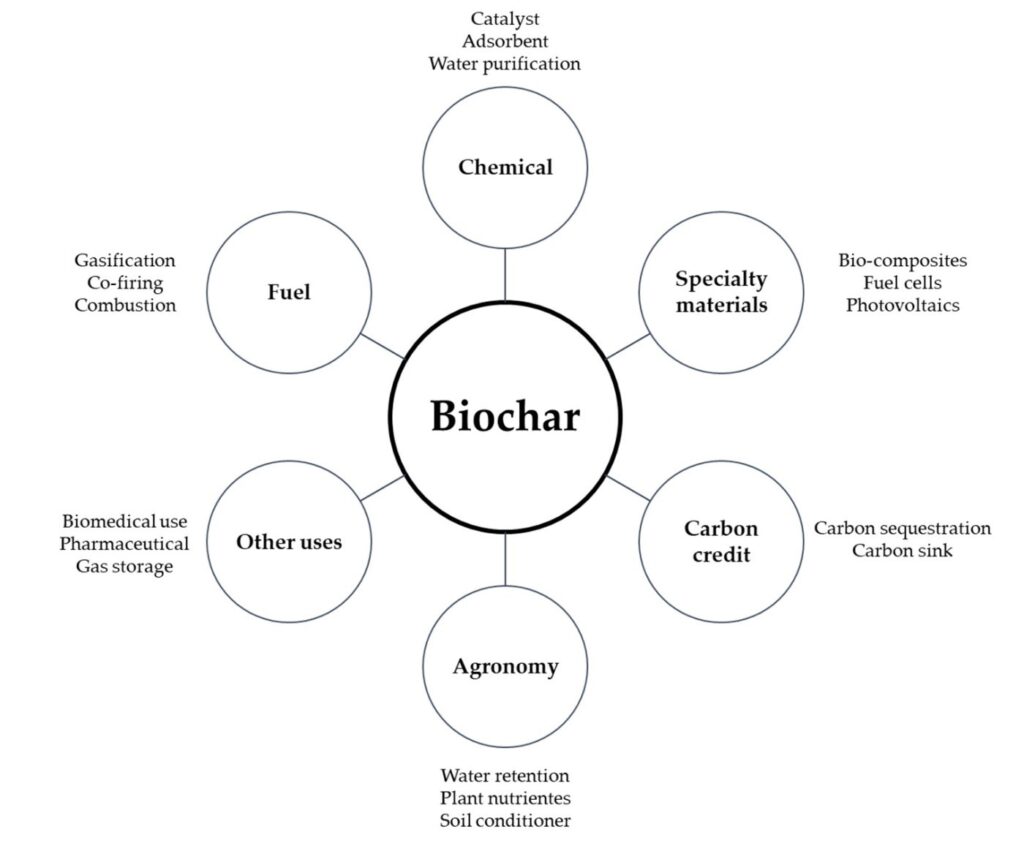
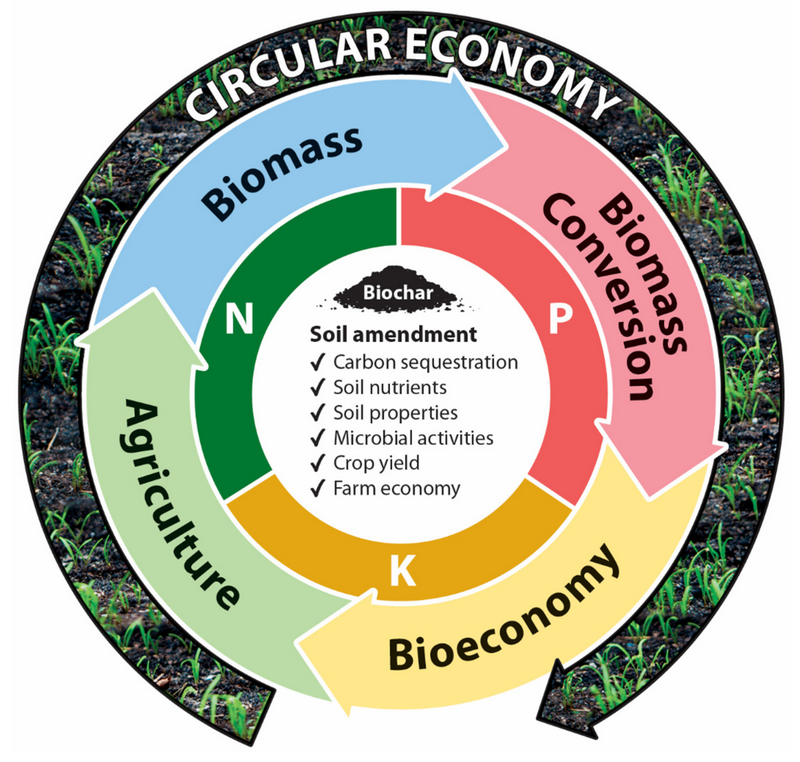
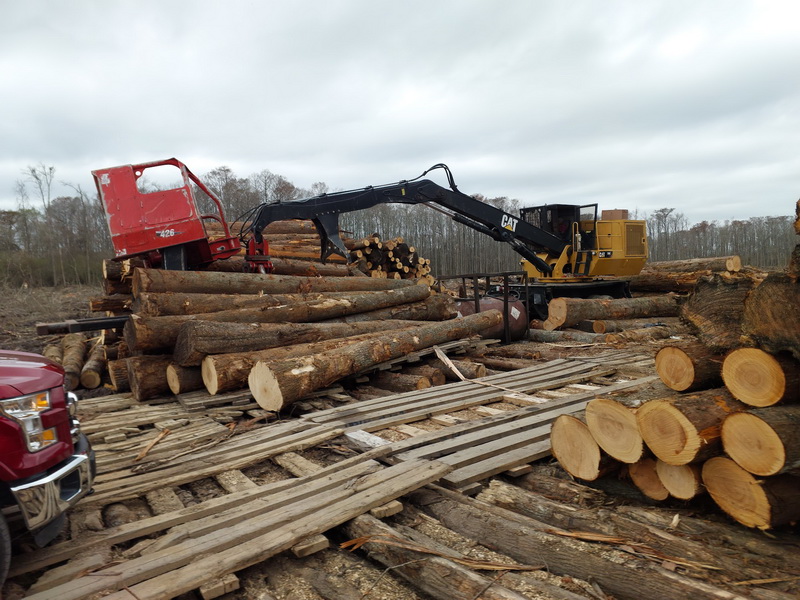
SBE has many years of experience with biochar production and is in the process of expanding the biochar production to USA and other locations.
The company has the know-how and the experience of efficient production lines for 3000, 5000 and 20,000 tons of biochar production (with modular expansion) per year by using the biomass available locally such as waste wood, wood chips, agriculture waste and other kind of biomass.
Each ton of biochar production saves up to 2.5-3 tons of CO2, the company customers use the biochar for some applications like fertilizers, agriculture, steel industry, activated carbon and other.
The development of the voluntary carbon market now allows for the monetization of carbon sequestration credits generated by the production of biochar. Companies committed to net-zero emissions can purchase these credits to offset their own emissions and more quickly achieve their corporate goals.
Biochar’s History as an Ancient Soil Amendment— Biochar is a form of charcoal produced from super-heating biomass. It is found naturally in soils around the world as a result of vegetation fires.
Production and use of biochar is drawing increasing attention globally within politics, green NGOs, metal industry, agriculture, soil physics, geo engineering, development of construction and filter materials, waste management, and many, many more.
Biochar has the potential to:
- capture toxins and excess nitrogen protecting our waterways and groundwater quality,
- in making biochar, create an alternative energy source for generating heat and power, and valuable by-products of syngas and bio-fuels, thereby reducing CO2 emissions,
- reduce the need for (and use of) fossil-fuels and fossil-fuel based fertilizers,
- turn biomass and bio waste into value-added products while creating jobs, and
- safely sequester CO2 for thousands of years which slows climate change.
It is very promising that biochar will play an important role in major climate-related changes. As a carbon sink, it absorbs CO2 from the air and bury it in the soil. Biochar is not only carbon neutral, but also carbon negative.
WASHINGTON, DC –MARCH 31ST, 2023- American Farmland Trust, the National Center for Appropriate Technology and the U.S. Biochar Initiative today released Recommendations to Scale Up Sustainable Biochar Research and Commercialization for Agriculture and Conservation, which outlines actions to facilitate the development of a sustainable industry to supply biochar as a crop and grazing land amendment for farmers. Investment in research, production capacity, market mechanisms, outreach, and education will facilitate the broader application of biochar on farms and secure benefits for agriculture along with the delivery of renewable energy as a coproduct.
